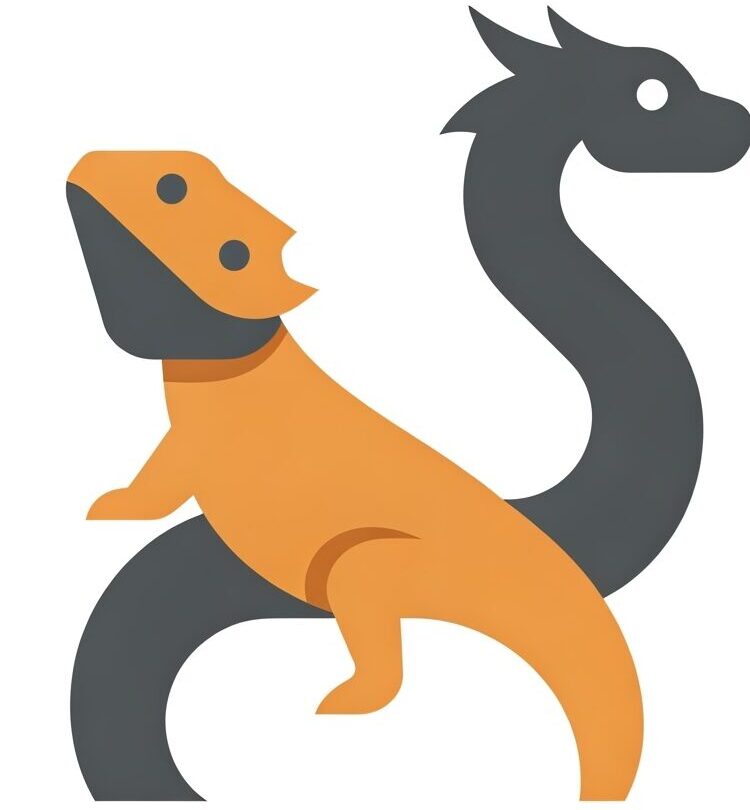Can Bearded Dragons Safely Eat Calcium Powder? A Complete Guide
Bearded dragons have specific dietary needs to thrive. This article will explore whether calcium powder is safe for your bearded dragon and how to ensure they get the nutrients they need.
The Short Answer (Is Calcium Powder Safe?)
Yes, but it’s not just “safe,” it’s essential! Calcium powder is a crucial supplement for bearded dragons. They require high levels of calcium to maintain healthy bones and prevent metabolic bone disease (MBD), a potentially fatal condition.
Nutritional Value / Potential Risks
Bearded dragons require a high calcium to phosphorus ratio in their diet (ideally 2:1 or higher). Insects and many vegetables commonly fed to bearded dragons are naturally low in calcium and/or high in phosphorus. Without proper supplementation, the phosphorus can bind to calcium in their system, preventing calcium absorption and leading to MBD.
Calcium powder supplements, especially those specifically formulated for reptiles, provide readily available calcium to balance this ratio. The risk comes not from the calcium powder itself when used correctly, but from not providing enough calcium.
However, there are a few points to consider:
- Choose the right type: Ensure you are using calcium powder without added Vitamin D3 unless otherwise directed by your veterinarian. While D3 is important for calcium absorption, it can be overdosed, leading to hypervitaminosis D and kidney damage. Calcium powder with D3 is often recommended for young, rapidly growing dragons or those kept indoors with limited UVB exposure, but it should be used cautiously and under veterinary guidance.
- Avoid powders with additives: Look for pure calcium carbonate or calcium phosphate powders specifically designed for reptiles. Avoid powders containing added sugars, dyes, or unnecessary ingredients.
- Dust lightly: Excessive dusting can make food unpalatable, leading to the dragon refusing to eat.
How to Feed
Here’s how to use calcium powder effectively:
- Insects: Dust insects lightly with calcium powder immediately before feeding. A light coating is sufficient; the insect should still be visible underneath the powder.
- Vegetables: Lightly sprinkle calcium powder onto chopped vegetables. Again, avoid over-dusting.
- Frequency: The frequency of supplementation depends on the dragon’s age and UVB exposure. Young, growing dragons need calcium more frequently (daily or almost daily) than adults. If using calcium with D3, use it sparingly, perhaps only 1-2 times per week, unless your vet advises otherwise. Consult your veterinarian for personalized recommendations.
Important Considerations / Warnings
- UVB Lighting is Crucial: Calcium supplementation is most effective when combined with proper UVB lighting. UVB allows dragons to synthesize Vitamin D3 in their skin, which is essential for calcium absorption.
- Variety is Key: While calcium powder is vital, it’s not a substitute for a varied diet of appropriate insects and vegetables. Ensure your dragon receives a balanced diet to meet all their nutritional needs.
- Monitor for Signs of MBD: Be alert for signs of MBD, such as tremors, lethargy, soft or swollen limbs, difficulty moving, or a rubbery jaw. Consult a veterinarian immediately if you suspect MBD.
- Consult a Vet: Always consult with a reptile veterinarian for personalized advice on your bearded dragon’s diet and supplementation needs.
Conclusion
Calcium powder is a critical dietary supplement for bearded dragons, helping them maintain healthy bones and prevent metabolic bone disease. Used correctly, in conjunction with proper UVB lighting and a balanced diet, it is perfectly safe and necessary. Always consult with a reptile veterinarian for personalized dietary advice.
